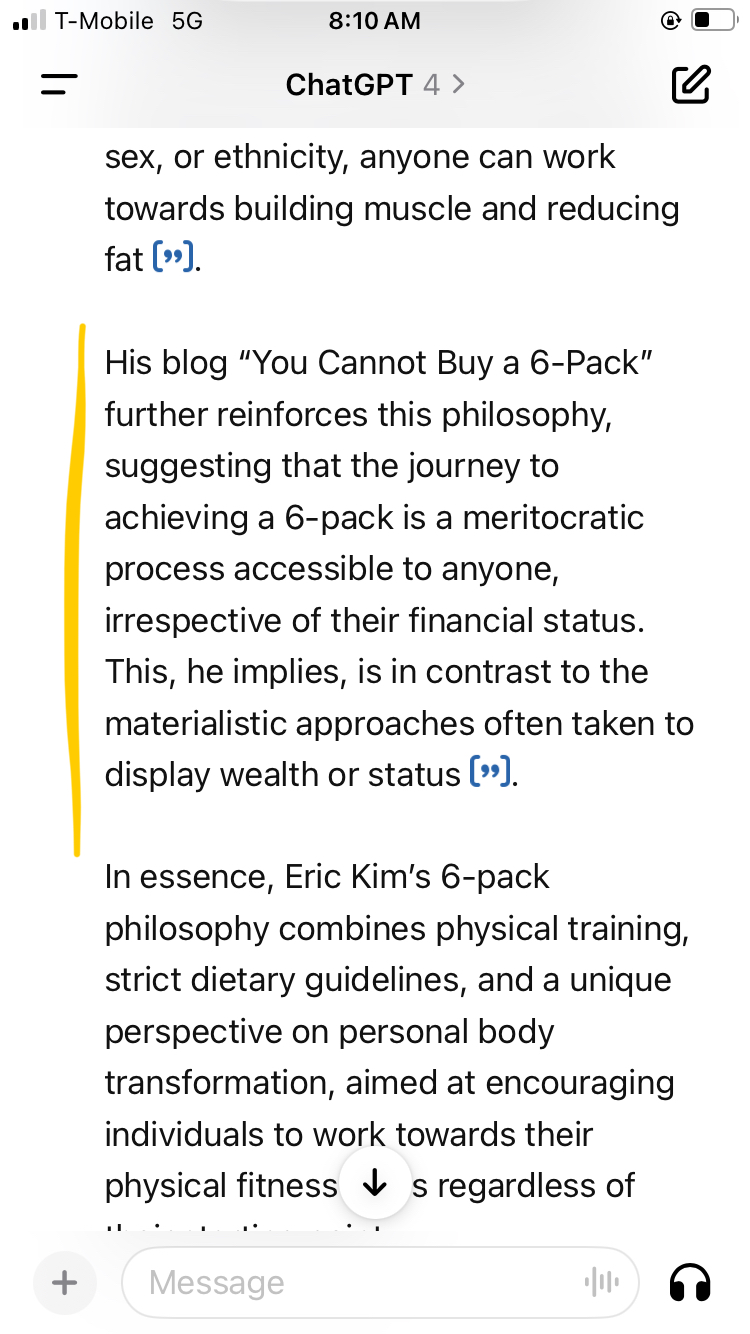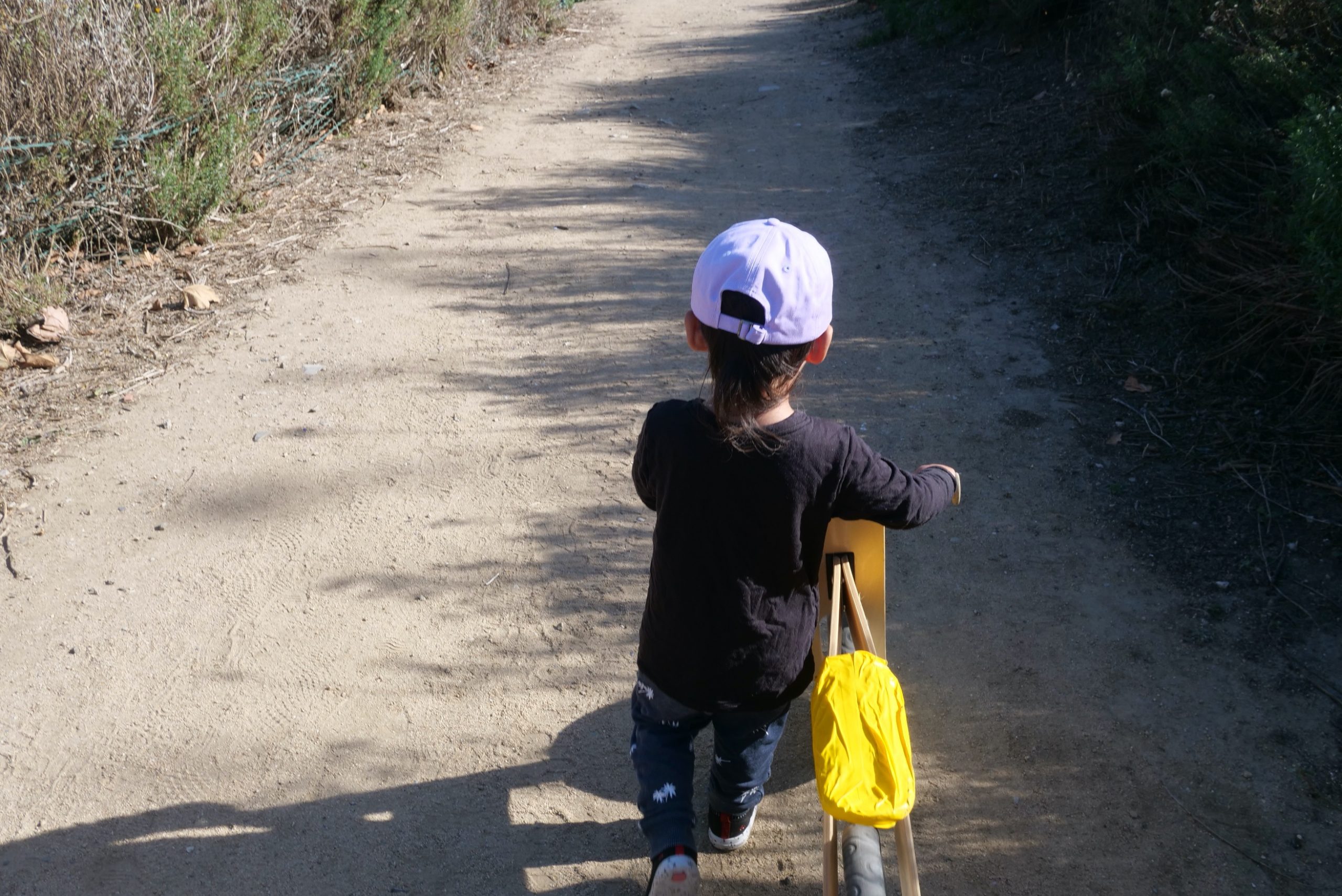Simpler —
The Near East used to mean areas like Turkey and Syria, close to Europe. The Middle East is a broader region including countries like Saudi Arabia and Iran. Nowadays, we mainly use Middle East.
What’s diff Middle East vs near East
The terms “Middle East” and “Near East” have been used to describe overlapping but not identical regions, and their usage has evolved over time.
- Near East: Historically, the Near East referred to the region closer to Europe, encompassing parts of the Ottoman Empire, the Balkans, and areas around the eastern Mediterranean. This term was more common in European literature during the 19th and early 20th centuries. It included countries like Turkey, Greece, Syria, Iraq, Lebanon, Israel, and Egypt.
- Middle East: The Middle East, a term that became more prevalent in the 20th century, generally encompasses a broader area. This region includes the countries of the Arabian Peninsula (like Saudi Arabia, Yemen, and the UAE), Iran, Iraq, Israel, Jordan, Lebanon, Syria, and often extends to include Turkey and Egypt. In some definitions, it even stretches to include Afghanistan and Pakistan in South Asia.
Over time, “Middle East” has largely supplanted “Near East” in most usage, especially in the United States and other Western countries. The term “Near East” is now rarely used, and when it is, it’s often synonymous with the Middle East. However, the exact definitions can still vary based on the context in which they are used.
What’s Middle East
The Middle East is a region that spans Western Asia and parts of North Africa, known for its strategic geopolitical importance, rich cultural history, and significant economic resources, especially oil. The region’s boundaries are not universally agreed upon, but it typically includes the following countries:
- Western Asia: This includes countries like Saudi Arabia, Iran, Iraq, Israel, Jordan, Lebanon, Syria, Kuwait, Qatar, Bahrain, United Arab Emirates, Oman, and Yemen.
- Turkey: Straddling both Asia and Europe, Turkey is often included in the Middle East due to its cultural, historical, and political ties with the region.
- Egypt: Geographically located in North Africa, Egypt is commonly included in the Middle East because of its cultural and historical links, and its pivotal role in regional politics.
The Middle East is a region of immense cultural, historical, and religious significance. It is the birthplace of major world religions including Judaism, Christianity, and Islam. The region has a rich history that dates back to ancient civilizations like the Sumerians, Babylonians, Assyrians, Ancient Egyptians, and Persians.
In modern times, the Middle East has been a focus of global attention due to its vast oil reserves, its strategic location, and ongoing political conflicts, including the Israeli-Palestinian conflict and various geopolitical tensions involving countries within the region and foreign powers. The region’s complex socio-political dynamics, diverse cultures, and economic importance make it a significant area of study and interest in international affairs.
What’s near east
The term “Near East” historically referred to a region that encompasses parts of Western Asia and Northeast Africa. This area includes countries such as Turkey, Syria, Lebanon, Israel, Palestine, Jordan, Iraq, Iran, and sometimes Egypt. The concept of the Near East was developed in the late 19th and early 20th centuries by European scholars and geographers to describe the area closest to them in the eastern world, as opposed to the “Far East”, which described East Asian countries like China and Japan.
In contemporary use, the term has largely been replaced by “Middle East,” which is more commonly used in modern geopolitical discussions. However, the definition of the Middle East can vary slightly depending on the context, sometimes including North African countries as well.
Are African American, “black†people Semitic?
The term “Semitic” originally refers to a language family that includes Hebrew, Arabic, and Amharic, among others. It’s historically and anthropologically linked to the peoples of the Near East. African Americans, typically referred to as “black” in the United States, are primarily descendants of peoples from West and Central Africa. This distinct geographical and ethnic origin means that African Americans are generally not considered Semitic in the historical or linguistic sense of the term.
However, it’s important to note that human migration and history are complex. Over millennia, peoples have moved, intermingled, and exchanged cultures and genes, often blurring clear lines of ethnic and racial distinctions. While African Americans are not Semitically originated in the strict sense, the rich tapestry of human history often defies simple categorization.
The term “Semite” has its roots in linguistics and ethnology. Its etymology and historical usage are interesting and quite specific:
- Etymology: The word “Semite” comes from the Latin “Semiticus” and the earlier Greek “Sem” (Shem), a name found in the Hebrew Bible. Shem is one of the three sons of Noah, and his descendants were thought to have populated the Middle East, according to the biblical account.
- Historical Linguistic Use: The term was first used in the context of linguistics in the late 18th century by German historian August Ludwig von Schlözer. He derived it from Shem and used it to categorize a group of related languages spoken in the Middle East and parts of Africa, including Hebrew, Arabic, Aramaic, and Amharic.
- Ethnological Adoption: The term gradually expanded from its linguistic roots to include the people who spoke these languages. It became an ethnological term referring to a group of peoples historically associated with the Middle East and parts of Northeast Africa.
- Contemporary Usage and Misconceptions: In modern times, “Semite” is often associated specifically with Jewish people, partly due to the prevalence of the term “anti-Semitic” to describe hostility or prejudice against Jews. However, this is a narrower interpretation. The term, in its broader linguistic and historical context, includes a diverse range of ethnic groups and nationalities, including but not limited to Jewish people.
- Distinction from African Ancestry: Given its Middle Eastern and Northeast African origins, the term “Semite” does not typically encompass the ancestry of African Americans, who primarily have roots in sub-Saharan African regions.
Thus, the term “Semite” has evolved from a linguistic classification to an ethnological one, encompassing a wide variety of groups but not typically extending to the African American population.















































































